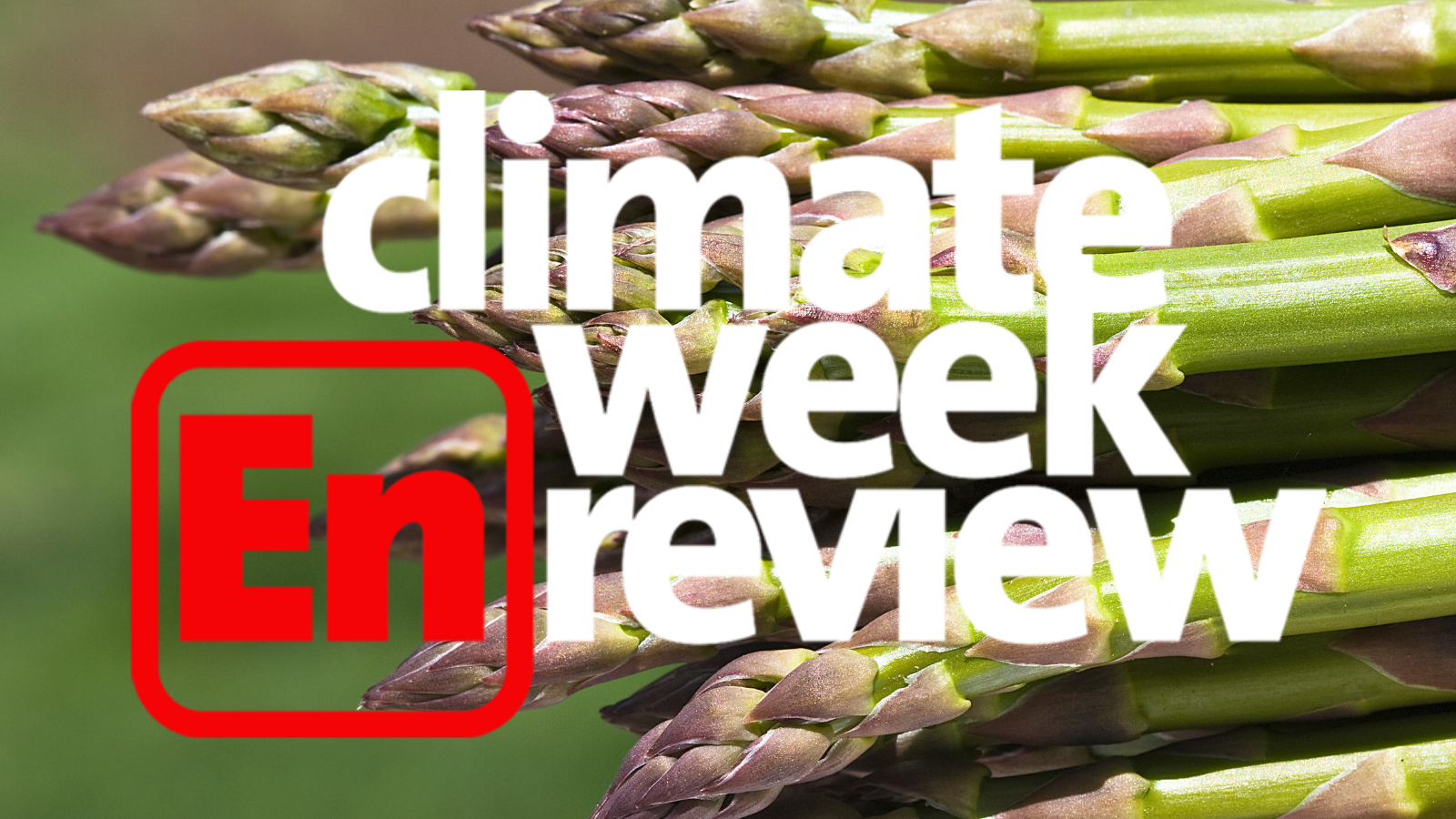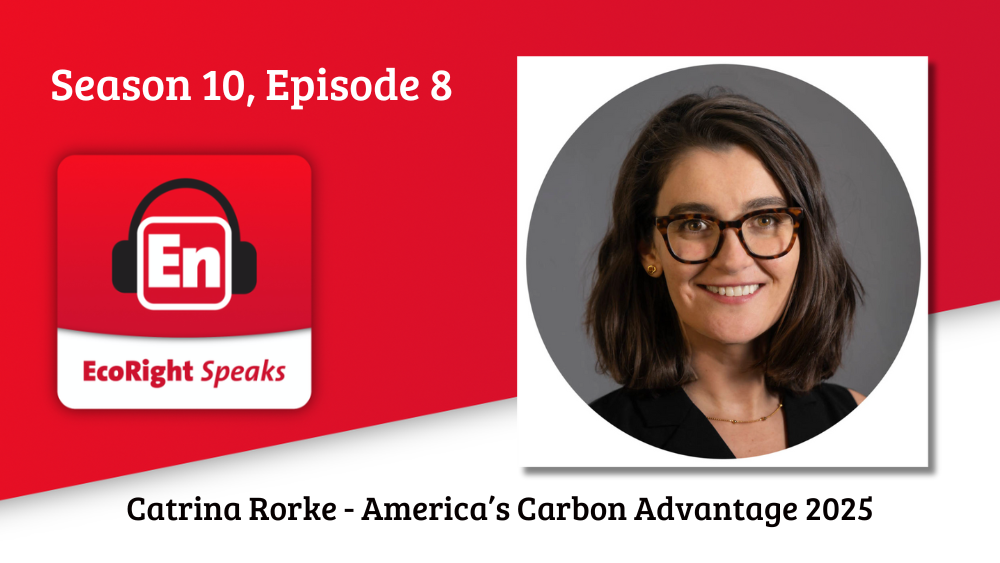
Hello, friends! I hope this message finds you enjoying the madness of spring. I love seeing where the tulips pop up (usually not where I planted them, thanks squirrels) and all the rain has turned everything a wonderful spectrum of green.
This week’s must read: Why Trump and DOGE should get behind a carbon tax (The Washington Post)
“A carbon tax under a Trump administration might sound unlikely to some, but it’s perfectly aligned with the central purpose of DOGE,” writes former Congressman (and podcast guest) Francis Rooney in the Washington Post. “A carbon tax will help raise revenue to chip away at the national debt (another DOGE goal) and aligns with Trump’s vision for an American energy renaissance. In exchange for the current carbon regime, a low, gradually rising carbon price would give energy producers and developers the flexibility to create and deploy resources without being arbitrarily pigeonholed into certain government-preferred technologies. Paired with streamlining the energy permitting process, this simple market signal would unleash private investment suited for the century, sparking an age of pro-growth energy abundance while factoring in environmental impact.”

EcoRight Speaks, seaon 10, episode 8, featuring none other than the wonderful Catrina Rorke
Fan (and pod) favorite Catrina Rorke is back to share with us the Climate Leadership Council’s updated research on the U.S. Carbon Advantage.
(Spoiler: we still got it!)
For those who don’t know, Catrina is senior vice president for policy and research at the Climate Leadership Council and executive director of the Center for Climate and Trade. She collaborates with an innovative team of experts and diverse stakeholders to conduct and publish pioneering research, explore innovative policy approaches, and educate policymakers in support of effective, fair, and lasting solutions that lower global carbon emissions.
Prior to joining the Council, she founded the energy and environment programs at both the R Street Institute and the American Action Forum. She’s an alum of the Congressional office of our executive director, former U.S. Rep. Bob Inglis and was staff to the House Committee on Science, Space, and Technology, where she helped develop the first Republican-sponsored carbon tax bill. She began her career as a presidential management fellow with the National Oceanic and Atmospheric Association.
Enjoy this riveting update on the state of the U.S. carbon advantage.
Coming up next week, Jonathan Leonard, founder of the Sludge Hub, the “we work” of abandoned mine land restoration, talks about how he got interested in this very important conservation work.
Quote of the week
“Our country is blessed with abundant natural resources and an entrepreneurial spirit that uniquely positions us to power both our economy and the world—enabling U.S. leadership in innovation, energy production, and manufacturing alike,” a Senate letter from four GOP Senators to Majority Leader John Thune said. “Many of the investments that make this possible are enabled by current tax provisions, including some from the Inflation Reduction Act.”
The signers are Senators John Curtis, Lisa Murkowski, Thom Tillis and Jerry Moran.

Foreign Pollution Fee Act of 2025
Senator Bill Cassidy and Senator Lindsey Graham reintroduced their Foreign Pollultion Fee Act, a bill that would level the playing field for American manufacturers and workers by holding non-market economies like China accountable for their unfair trade and inefficient manufacturing practices.
“Other countries can decrease their cost of manufacturing by 20 percent by not enforcing the laws we take for granted. This means they take our jobs too. This is wrong,” Cassidy said in a statement. Graham added: “This bill calls out the foreign polluters and rewards American businesses who are doing the right thing.”
“There’s a nexus between climate, national security, economic security and energy policy,” Cassidy said at a roll out event at the Climate Leadership Council. “If you set up a policy which simultaneously addresses this nexus, then you can achieve all four. And that’s the goal of this policy.”
Industry sectors covered by the Foreign Pollution Fee Act include iron, steel, aluminum, cement, glass, fertilizer, hydrogen, solar components, and certain battery inputs.

Planet Forward Summit 2025
There is still time to register for the Planet Forward Summit, being held at George Washington University next week, April 17th and 18th. I will be participating in a panel, Crossing the Divide, on the 17th at 11:19am (precise, I know!) and if you can’t make it in person, you can live stream it from the Planet Forward website.
See you next week, readers!
